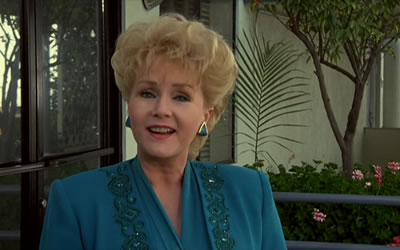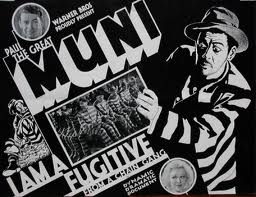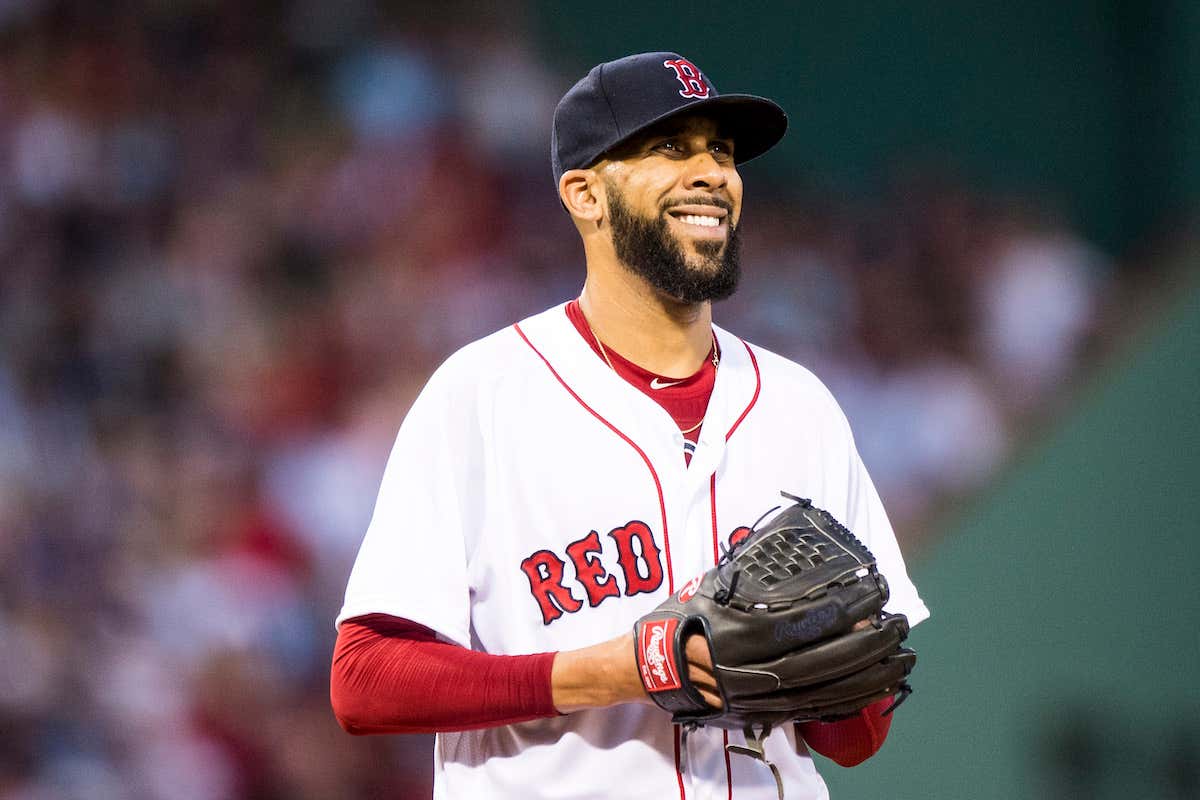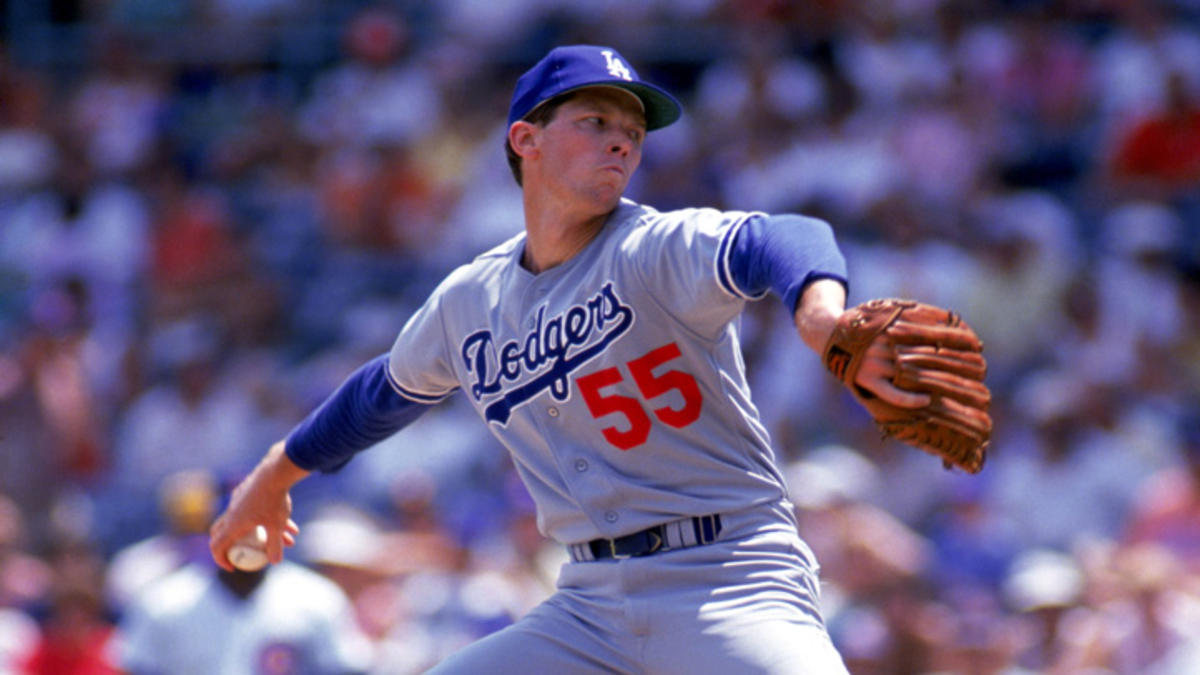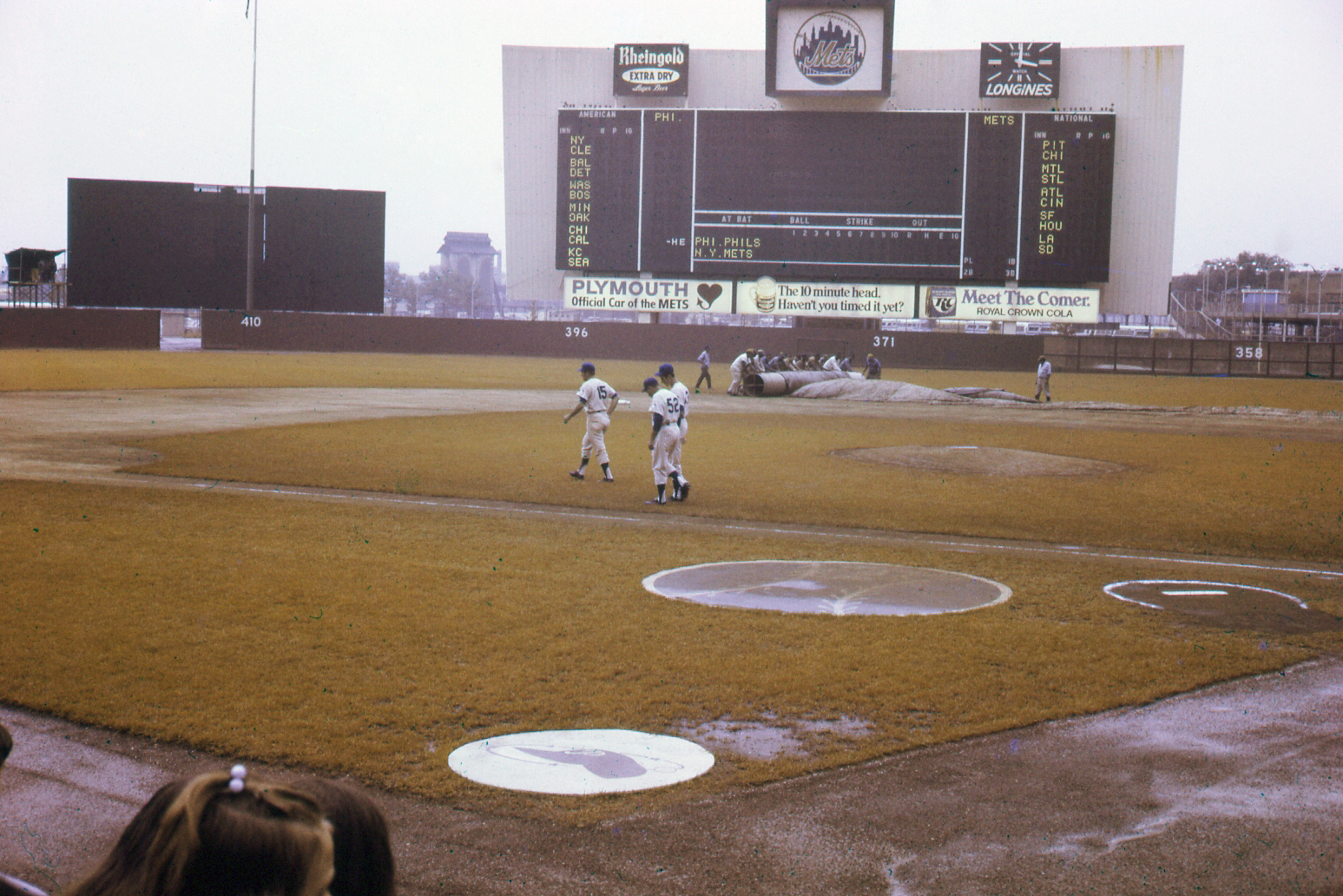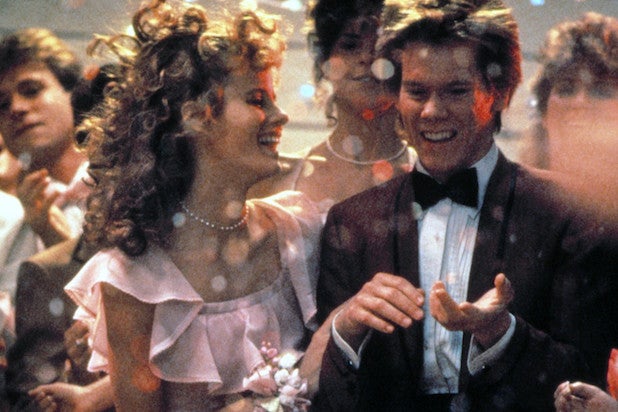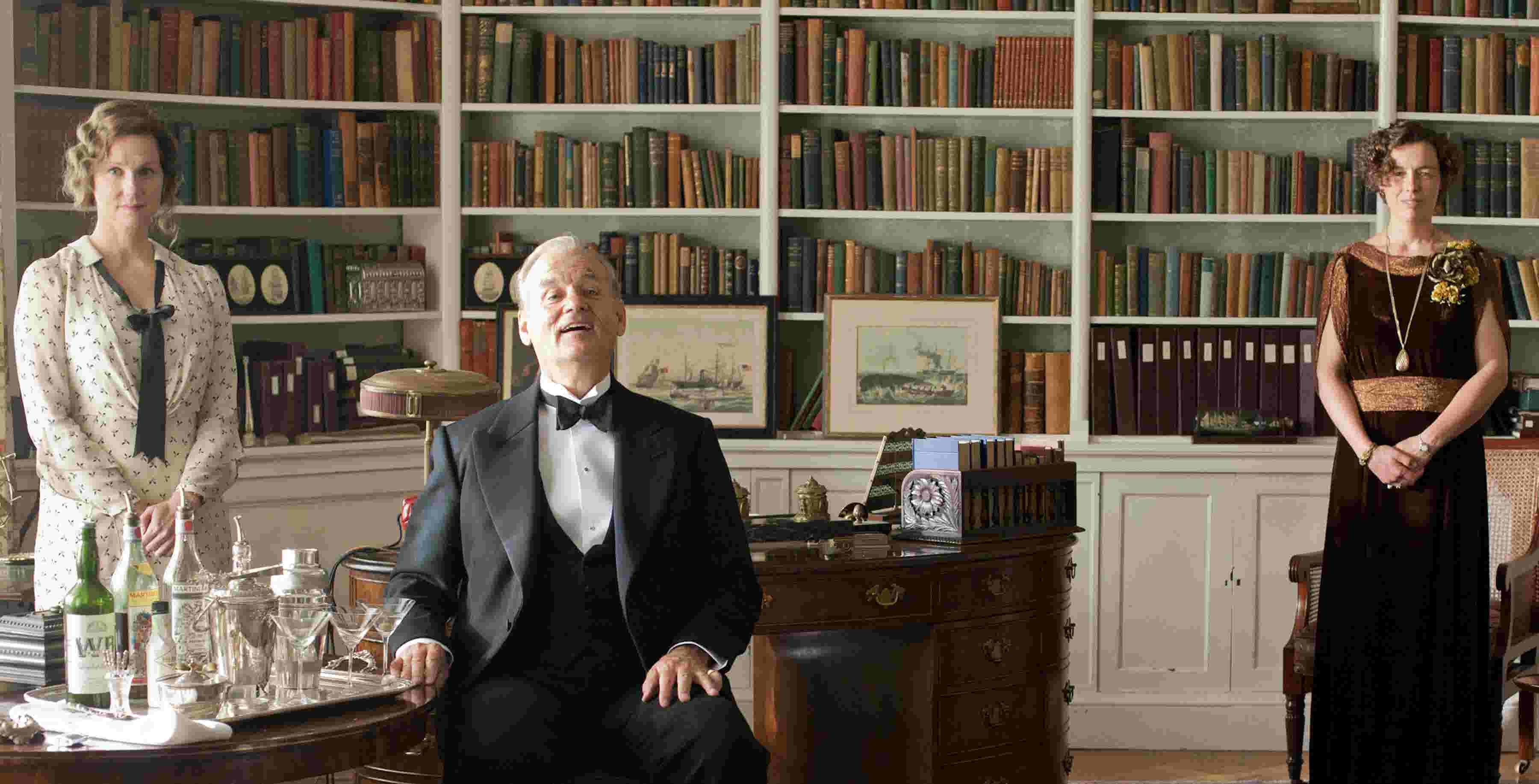A couple of days before the mid-term election I took to Twitter for a rare 5-tweet "storm" expressing my feelings at the time about that spectacle, which fortunately I don't believe anyone read, but not willing to let any opportunity for emoting pass I will reproduce it here:
(1) I have no passion for voting in this upcoming election. Nothing is going to happen as a result of it that is going to make me happy. The exultation that others may feel if results go their way is nothing I will be able to share in (2) The left are the good people, I know, and I should desperately want them to prevail, but they are grown so obnoxious and condescending that the wailing and gnashing of teeth and rage that will emit from them if they lose is the only satisfying prospect to look forward to (3) even though they are so, so good and decent and high-minded and the only bulwark against a complete moral catastrophe and collapse and such national disgrace as can never be overcome. Yet somehow their goodness is of such a repellant quality that one dreads to see them triumphant. (4) The hope I suppose is that continued defeat and repudiation will humble them enough that some degree of introspection and re-humanization in their interactions with other people can take place and we can move forward soberly with the better of their ideas without all of the (5) militant posturing, self-righteousness, cackling and demonizing and hideous moral certitude. Until there are signs that such an evolution is underway, I am unable to take any interest in the success of these so very good people. Their goodness is too opaque to me.
I'm boiling off a little frustration here. In reality nobody cares much about me or has any interest in winning me back, or over, to their side. I am not a coveted entity, politically or otherwise, in 2018. Yet I must be subjected to the endless existential drama of everyone else's passions and righteous fury. I will admit, I am jealous. If I could just pick a position and throw myself into it whole-heartedly and pour out endless and unrestrained vitriol on my opponents secure in the love of my political allies all of this would be a lot more fun. But I cannot do that because I am not secure enough that the barbs of my enemies on either side do not sting.
As to the results I guess I am glad that the Democrats won the house, though I would not have been overly emotional if they had lost. I still voted for them, though they seem in their own way awful enough that I feel some need to justify myself in doing so, though most people I know believe to do so is to be on the side of the angels. In New Hampshire, identity politics don't come into play, nor for the most part do culture war issues that elsewhere inspire outrageous demagoguery or behavior so as my overall leanings are in that direction, pro-workers, pro-keeping business interests somewhat under restraint, I am not conflicted about voting for them in state elections. I suspect that my congresswoman doesn't have any great love for men and would welcome the opportunity to be more antagonistic towards them and gloat over their comparative downfall but she has been able to maintain enough discipline in this area that I do not have any real cause for voting against her on these grounds. Overall I still suspect major political shifts and tumult are on the horizon over the next few cycles, though this election just past does not seem to be as momentous or decisive as may have been anticipated.
The prolific religious conservative blogger Rod Dreher, whom I read because he produces a lot of content and is attracted to the collapse of Western civilization narrative much like I suppose I am, had a post recently in which he encouraged people to write about their "political mental maps" by which he meant the events in one's (mostly) earlier life that had the most influence on his later political attitudes. This seemed like an interesting exercise. I never comment on other sites, but I started to write up a response to this. However it was taking so long and was so unwieldy that I abandoned it, though I thought it might be a good idea for a post here.
I was born in 1970. I do not have a focused political attitude, but if I had to describe myself as anything I think I would most qualify as a New Deal Democrat, 30s-60s era. Even in my childhood in the late 70s this model of government seemed to be so much the natural order of things that whatever complaints one might have about the system would necessarily have to be addressed within a general New Deal framework. Perhaps to my regret, I grew up in an environment where business people and anybody who appeared to care about money as a life pursuit more than the typical English professor would have found acceptable were regarded as more or less a danger to all normal people, and requiring strict oversight from the regular population to keep them in check. One of the interpretations I took from this was that I must be so firmly embedded among the anti-money grubbers that I would always be able to find some degree of protection among them from the worst depredations of capitalist society, which has not exactly happened, though at least I am not yet homeless or in prison. The AI and techno-driven future does not hold a lot of appeal to me, though as I get older and the years that I will have to try to navigate it grow smaller and perhaps more manageable, combined with the general and increasing hopelessness of huge masses of people younger than I am, I think I am less afraid of it. I don't have any idea how to specifically help my children get on (i.e., make enough money to not live in squalor) in this new age, though I guess they at least won't have some of the extreme handicaps that disadvantage other young people before they can even get in the arena. With regard to specific events/phenomena in historical time that had a big influence on me, I would say:
1. The decline of the great eastern cities and the accompanying crime explosion after 1965 which lasted through my entire childhood up to about my mid-20s. Growing up in the mid-Atlantic (predominantly just outside Philadelphia) this sense of everything having been considerably more lively and functional and cohesive until relatively recently cast a significant shadow over my youth and doubtless contributed to the propensity for nostalgia and living in an imagined past that I so often exhibit. I also feel like many of the real crime problems of that era have disappeared down the memory hole, or are laughed off now, but crime was a major election issue in every cycle I remember up to Clinton's first term in a way that it simply is not now. Our house was broken into on numerous occasions, and it would have been unthinkable for me to leave my bicycle or a football out or unattended on the lawn for two minutes, let alone ever leave a car or house unlocked. I lived in New Hampshire for years before I could get used to leaving my door unlocked when I was at home. Paranoia about being robbed especially, and to some extent being violently assaulted, though this latter never happened to me, was a mild concern of day to day life that has kind of gone away. How this influenced me politically I am not sure other than that it instilled the belief in me that the institutions and schools and social order that prevailed during the 1920-1965 period were more effective and conducive to human flourishing than what I knew in my own time. Something like the paternalistic liberalism that I identified as being predominant in that era informs my political sense to this day, though I don't think it is coming back as a force in the national life.
2. The hyperactive (hetero-)sexual environment of the 1970s and 80s, or at least my perception of it as a young person, has clearly had an ongoing negative effect on my whole outlook on and approach to life. I won't begin to get into it all today, but in general the desire (never realized of course) to be a great sexual winner in life overwhelmed every other interest and pursuit, stunted my development in other areas of life and totally warped my morals. For example I don't like Donald Trump and in theory I find some of his sexual behavior objectionable but, perhaps with the exception of the prostitutes and porn stars, which I am a little prudish about, it seems normal to me, the way any man not setting himself up as a moral paragon would behave if he could figure out how to get away with it, or could bring himself not to care about getting away with it. This affected my politics in the sense that, especially living in the northeast, by high school I had determined that the attractive girls I might have the best chance of getting any attention from tended to be the super squishiest liberals, which in truth at the time did make the prospect of leaning in that direction more appealing, since these girls I am thinking of were actually pretty nice and reasonable and didn't tend to make blanket condemnations of men and Western civilization on principle the way everybody seems to now (though judging by their social media presences some of them have definitely moved with the times in this regard).
3. The Berlin Wall falling. This was easily the most exciting political development at the time it happened that I can remember. In that fall of 1989 I was out of high school but not yet in a college, total social isolation, misery, etc, and I remember being riveted by all of the people around my age who were shown celebrating and so on in the countries where this transition took place peacefully and being more convinced than ever that I was missing out on everything interesting that was going on in the world. This did end up being an event of no small significance in my own history since I did go to Prague about six years after that for a year or so, and while everyone assured me that already by that time it had been completely transformed from what it had been prior to 1989, I am sure life there has changed a great deal more than that since I left in 1997, since besides the changes in technology and the acceleration of the movement of peoples, a whole generation has grown up that has no direct experience of nor to the same extent the ingrained habits and worldview of the Communist era. How this influenced my politics is hard to pinpoint, but certainly the bewildering direction that the world has gone in following the collapse of the Soviet Empire has not been anything like the future I anticipated, most of all culturally, I suppose. I am well aware that change and innovation and the possibilities unleashed by the aforementioned new technologies and cultural cross-fertilizations have been invigorating for most people, but these have tended to leave me disappointed and unfulfilled in my search for meaning as an adult in this world.
4. My college, at the time I went there anyway, was pretty non-political, and if anything being any kind of fanatical partisan was discouraged. A vending machine selling The Washington Post had been installed in the coffee shop within a couple of years of my matriculation, and this had been attended with some controversy apparently as introducing worldliness and contemporaneity where it was generally considered neither necessary nor desirable. This was in 1990. The idea I took away from all of this was not that one should not have sophisticated political views to the extent that that was possible so much as that attaching oneself exclusively to a particular faction or viewpoint made it unlikely that any such nuanced understanding could possibly come about.
5. The Internet and the Iraq War. The negative effects of the Internet on the politics and general psychology of modern man cannot be emphasized too strongly. One reason for this is doubtless the awareness of the amount of hatred so many people on all sides of the socio-political divides--including many of one's friends--apparently harbor towards those they consider their enemies, which I certainly was not aware of before the internet. The constant drama and grandstanding that internet platforms seem to inspire, with their tremendous outpourings of heat and limited quantities of light, is another development of my adult years that I have found discouraging and unsatisfying.
At the time it happened I regarded the rhetoric accompanying the Iraq War buildup, which I was convinced from the beginning by the bullying tone which its promoters adopted in pressing the issue on the public was nothing that the ordinary American citizen had any reason or obligation to support, as a defining test of the intellectual strength and courage of the portion of the population at that time, in which I then included myself, whose education and upbringing should have enabled them to effectively offer some opposition to this manner of governing and the naked, unabashedly enthusiastic pursuit of war at the very least. But there was a complete failure to do this, and to establish the existence of any capable movement or opposition that had to be engaged. The political discussion has only deteriorated since, which is in part why I am kind of numbed by the whole Trump debacle. I might have hated him and his supporters more vehemently if so many people were not hating them with impressive reserves of vitriol and contempt already. There is no need for my input when most of the people I come in contact with are dropping scorched earth denunciations on anyone who even appears to be thinking about trying to defend any isolated aspect of any Trump position, or supposed position. But we have gone over this and I want after 3 full weeks to get back to my movie reviews....

